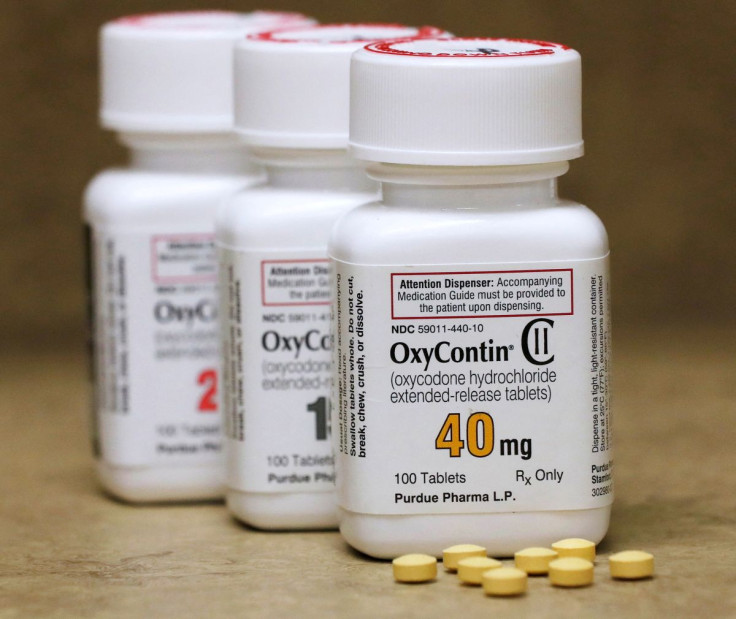Purdue Pharma Judge Blasts Government For Opposing $6 Billion Opioid Settlement

The judge overseeing Purdue Pharma's bankruptcy on Wednesday signaled support for a $6 billion opioid settlement funded by its Sackler family owners and called the Department of Justice "reprehensible" for opposing a deal to benefit opioid victims.
Under the settlement, the Sacklers would pay between $5.5 billion and $6 billion to a trust that will be used to pay the claims of states, victims of addiction, hospitals and others who have argued that the Purdue painkiller OxyContin played a central role in the U.S. opioid epidemic.
Members of the Sackler family have denied wrongdoing. They said last week in a statement that they "sincerely regret" that OxyContin "unexpectedly became part of an opioid crisis."
The Justice Department's Office of the U.S. Trustee, which oversees bankruptcy administration, said that the bankruptcy court does not have authority to approve the settlement because an appeals court must first decide whether the Sacklers can receive sweeping legal immunity in exchange for the payment.
"Why are we even here?" Justice Department attorney Nan Eitel asked at the hearing, arguing that the deal was premature.
U.S. Bankruptcy Judge Robert Drain in White Plains, New York, repeatedly raised his voice at Eitel, saying that the Justice Department appeared uninterested in improving the deal and was only interested in "throwing out ways to kill it."
"I find this reprehensible," Drain said.
An attorney for Purdue's official creditors' committee said the Justice Department appeared wiling to risk a multibillion-dollar settlement so that it could strengthen its argument that bankruptcy courts should not use their authority to protect non-bankrupt entities like the Sacklers.
The Sacklers' payment is contingent on ending their exposure to opioid lawsuits, but a U.S. District Judge ruled in December that the protections they seek fall outside the bankruptcy court's authority. Purdue is appealing that decision in the U.S. 2nd Circuit Court of Appeals.
The new agreement replaces an earlier $4.3 billion settlement, which was upended after nine attorneys general and others argued that the Sacklers should not receive such sweeping legal protections.
After agreeing to the prior deal, 20 states objected to the new settlement because it includes a $277 million payment exclusively to states that negotiated the $6 billion deal. Some have said it would unfairly reduce the percentage of funds dedicated to addressing the opioid crisis in their own states.
Purdue said last week that the new settlement would provide additional funding for opioid abatement programs, overdose rescue medicines and victims, while putting the company on track to resolve its bankruptcy case on "an expedited schedule."
The revised settlement must still be written into a new reorganization plan before getting final approval in bankruptcy court.
Purdue filed for bankruptcy in 2019 in the face of thousands of lawsuits accusing it and members of the Sackler family of igniting the opioid epidemic through deceptive marketing of OxyContin.
Purdue pleaded guilty to misbranding and fraud charges related to its OxyContin marketing in 2007 and 2020.
There have been nearly 500,000 U.S. opioid overdose deaths over two decades, according to the U.S. Centers for Disease Control and Prevention.
© Copyright Thomson Reuters 2024. All rights reserved.





















